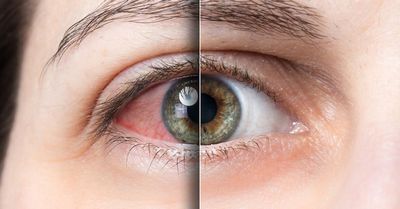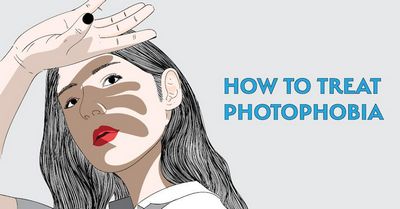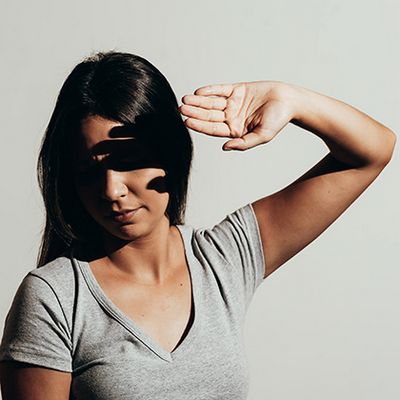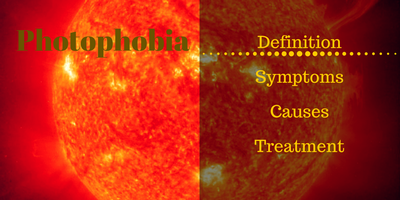Photophobia, also known as photoreceptor allergy, is an extreme sensitivity to light.

This is caused by a genetic predisposition that results from an overactive receptor on the front of the eye. This in turn produces a series of response by the person’s brain, causing his or her eyes to contract and relax in order to lessen or stop the discomfort from the exposure. Light sensitivity can also be a side effect of other underlying medical conditions, such as migraine, virus-caused conditions or serious headaches or even eye trauma. It can also be caused by poor circulation, which may be caused by stress, illness or lack of sleep.
Eye specialists often use the terms “photophobia”photoreceptor allergy” to describe the symptoms and the treatment of the condition. It is necessary for one to have a clear understanding of this condition in order for the right treatment to be done.

This article will try to explain to you some of the causes and their impact on one’s eyes and what you need to do to treat this.
Light sensitivity or photophobia has several different types and variations. They can affect any person at all. In fact, it is quite difficult to accurately determine who experiences this as there are no consistent symptoms among them. Some symptoms of photophobia include: blushing, redness of the eyes when exposed to light, excessive blinking, nausea and dizziness during exposure to the light, and headaches when being exposed to the light.
The degree of light sensitivity can vary with every individual person, but typically it is somewhere between zero and ten percent. As the condition worsens, it may progress to a certain level where you are totally unable to see anything at all without your glasses.
The cause of light sensitivity is unknown; it is believed that it is a hereditary condition and hereditary in nature. Some theories suggest that this condition is the result of having a light-sensitive gene that has been passed down through generations and that your eyes are just genetically programmed to respond to light.
Specialists have found that there is a common link between photophobia and seasonal affective disorder.

SAD, which is also known as environmental insomnia, is caused by poor lighting conditions during the winter months. which can cause one to become light sensitive to light in the environment. SAD can cause problems with sleeping and may even cause depression.
While there is no cure for photophobia, there are ways that can be done to deal with the symptoms and reduce the impact of light sensitivity. Treatment includes therapy or medication, both of which are commonly used to address the effects of this condition.
You will find that there are a lot of products that can help relieve some of the symptoms of photophobia; however, if you feel you are more sensitive to light than others, you will need to talk with your doctor about medications that can be used to mask the symptoms. These are normally called phytochemicals, which are used to reduce the pain and irritation.
If your symptoms are particularly bad because of your light sensitivity, then your doctor may prescribe a topical anesthetic that is applied to the eyes.

This is usually reserved for people with severe cases of this condition.
It is a good idea to talk with your doctor about whether or not you should be on antidepressants if you are taking prescription medication. This is due to the fact that antidepressants can have a few side effects and you may be at risk of photophobia if you are using them.
There are some foods that can also cause photophobia and they include things such as peanuts, seeds, berries, mushrooms, and other foods that are high in protein and carbohydrates, since these are high in carbohydrates and proteins that increase your sensitivity to light. Therefore, if you are eating them and getting light sensitivity, you should cut down on your consumption of them.
There are many more options available to treat the symptoms of photophobia including surgery, but the treatment can take a while before the condition is completely cured. Depending on how severe it is and the severity of the symptoms, you may be treated with different combinations of the above treatments. In addition, it is a good idea to talk with your doctor about the use of prescription drugs, and other options. They can help you work out a treatment plan that works best for you.